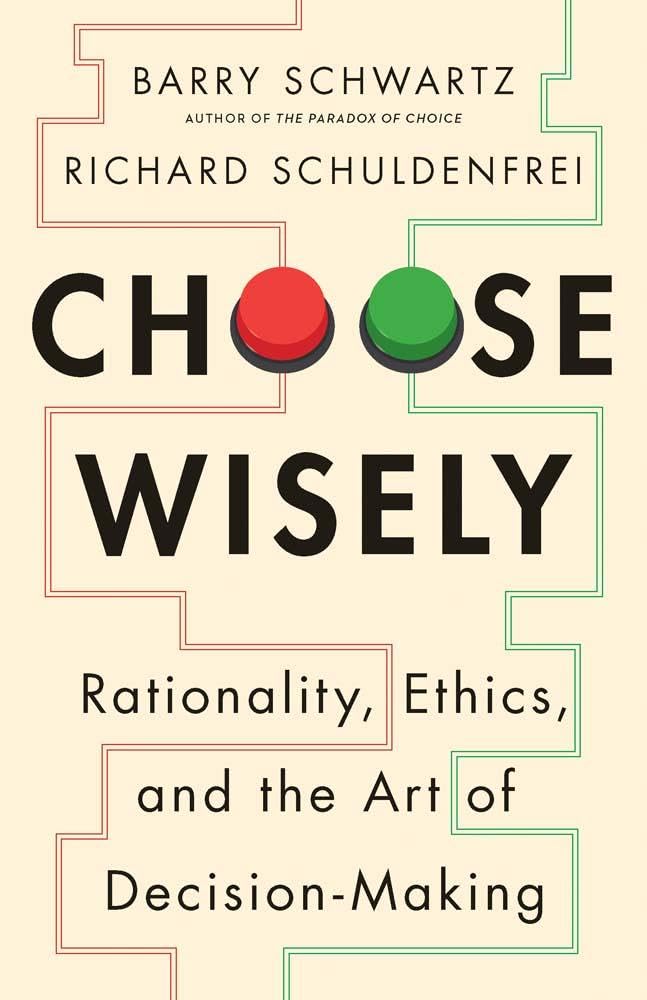

When Rationality Becomes Irrational
About this episode:
For many decision scientists, their starting point—drawn from economics—is a quantitative formula called Rational Choice Theory, allowing people to calculate and choose the best options.
The problem is that this framework assumes an overly simplistic picture of the world, in which different types of values can be quantified and compared, leading to the “most rational” choice. Behavioral economics acknowledges that irrationality is common but still accepts the underlying belief from economics of what a rational decision should look like.
Drawing from economics, psychology, and philosophy—and both inspired by and challenging Daniel Kahneman’s Thinking, Fast and Slow—Barry Schwartz shows how the focus on rationality, narrowly understood, fails to fully describe how we think about our decisions, much less help us make better ones.
Barry Schwartz is professor emeritus of psychology at Swarthmore College and visiting professor at Haas School of Business, University of California, Berkeley. His research and writing focus on the intersection of psychology and economics, particularly with regard to decision-making, intrinsic and extrinsic motivation, and the nature of human values. His new book, co-authored with the philosopher Richard Schuldenfrei, is Choose Wisely: Rationality, Ethics, and the Art of Decision-Making.
Support the show
Did you enjoy this episode? Show your support with a tax-deductible donation and share the show with your friends and family. Together, we can make a meaningful difference.
Transcript
Coming soon...

